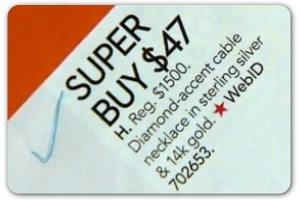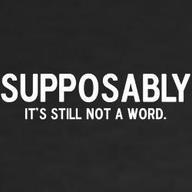It never ceases to amaze how so many people not only misuse, but abuse, the poor, lowly apostrophe. It doesn’t have to be that way. Ever.
You see, this is one of the easiest rules not only to understand, but master. Think back. Think way, way back. You may have to reach back to those elementary school days…or ask your kids. You see, we all learned at an early age that an apostrophe is used to indicate a possessive word. And if the word is not possessing anything on God’s green earth, then don’t use it. See? Simple!
Of course, that is the “apostrophe rule” in its simplest form (did you notice that I did NOT use an apostrophe in the word “its?” It doesn’t possess anything).
As with anything in the hardest language in the world (yes, English IS the hardest language to learn in the world, and I should know: I studied both Korean and Russian. Easy in comparison), there are definite rules for its usage. And while there are slight changes in rules of usage with the apostrophe, they are so very frequently misapplied! Seriously?
So, to help those who are “apostrophe” challenged…a list of rules for usage.
1. An apostrophe is used to show the possessive case of proper nouns.
• Allison Jones’ article (one person named Jones)
• The Joneses’ article (two or more people named Jones)
2. If a singular or plural word does not end in s, add ’s to form the possessive.
• a child’s wants
• the men’s concerns
• the people’s choice
• everyone’s answer
3. Add an ’s if a proper noun or name ends in a silent s, z, or x.
• Theroux’s “The Mosquito Coast”
4. Do not use ’s with possessive pronouns: his, hers, ours, its, yours, theirs, whose.
• The article was hers.
• I have not seen its equal.
5. Use ’s only after the last word of a compound term.
• my father-in-law’s book
• an editor in chief’s decision
• someone else’s problem
6. When showing joint possession with an organization’s or business firm’s name, use the possessive only in the last word.
• the Food and Drug Administration’s policy
• Hammond and Horn’s study
7. Do not use an apostrophe to indicate the plural of a name, an all-capital abbreviation, or of numerals.
• Veterans Affairs
• musicians union
• ECGs
• WBCs
• a woman in her 40s
• during the late 1990s (1990’s—no, no, no, a thousand times no! This will NEVER be acceptable so please stop the abuse.)
8. Use ’s to indicate the plural of letters, signs, or symbols when s alone would be confusing.
• Please spell out all the &’s.
• She got eight A’s and two B’s on her last report card.
9. When units of time or money are used as possessive adjectives, add ’s.
• a day’s wait
• a dollar’s worth
• six months’ gestation
• two weeks’ notice (The movie title was not punctuated correctly.)
10. When a word ends in an apostrophe, no period or comma should be placed between the word and the apostrophe.
• The last book on the shelf was the Smiths’.
Easy, right? I know…it is. Now follow the rules. And please, for the love of all things holy, STOP adding an apostrophe to dates, as they don’t possess anything, never will, and own that apostrophe! Any thoughts on the small, but mighty, apostrophe?


